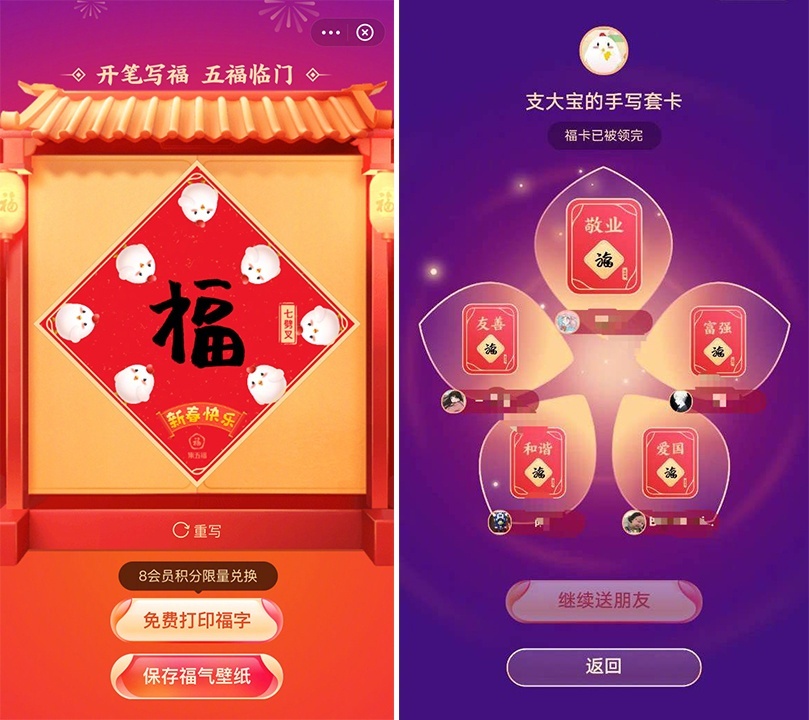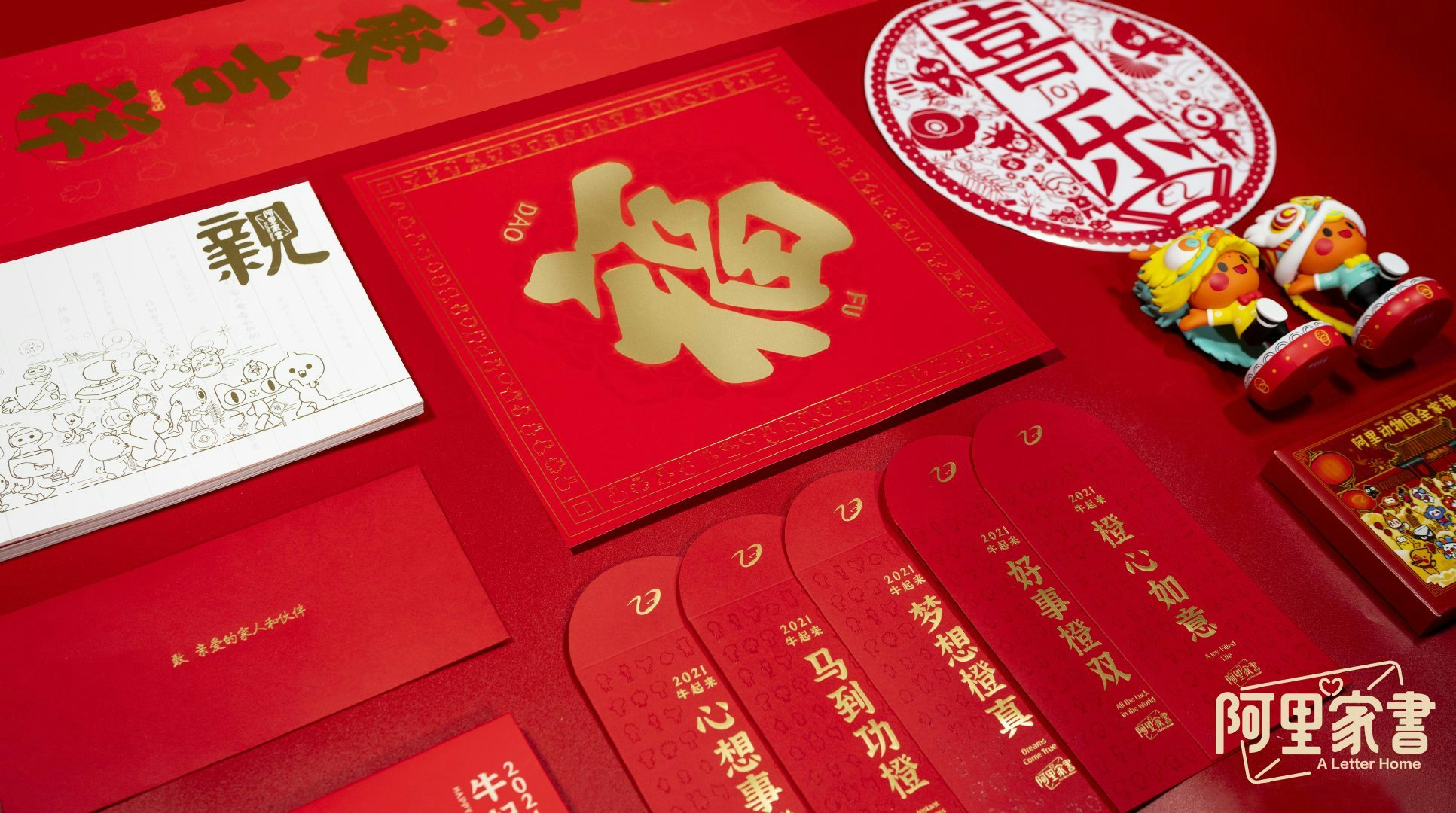What happened
Alizila reports that Alibaba’s ecosystem is well equipped to deal with the changes to this year's CNY period. Normally, during the 40-day holiday period, China handles the “largest annual human migration on the planet.” But this year, only 1.15 billion journeys are expected to take place, which is 61-percent less than in 2019 and 22-percent less than in 2020, according to Alibaba.
Because of travel bans and fears of getting infected with COVID-19, families decided to stay put and ship gifts to their loved ones. “On February 4, when preparations for CNY traditionally begin, consumer searches for gifts for parents on Tmall jumped fourfold from the daily average,” says Alizila.
The surge in deliveries has forced Alibaba’s logistics arm, Cainiao Network, to keep its people engaged and operations active in more than 200 cities. Additionally, around 50,000 Cainiao Post stations in China will continue to operate during the holiday season.
Likewise, other platforms across Alibaba’s ecosystem will remain open for business. For example, over 100,000 merchants on Taobao will continue their operations, and Intime will remain open for business across its 65 branches in 35 cities, with nearly 80 percent of its stores continuing to offer same-day-delivery in under an hour.
Additionally, Alibaba has leveraged gamification tactics on Taobao and Tmall, transforming the experience of giving Chinese New Year red envelopes into a more engaging and personal adventure. Almost 10,000 influencers are also expected to entertain consumers on the Taobao Live platform, with some lucky users winning red packets.
Jing Take:#
As a pioneer of immersive retail, Alibaba understands its platforms are not simply in the business of selling products, but in one where the priority is to keep consumers happy, loyal, and engaged for life.
Through interactive features, gamification elements, livestreaming sessions, and limited-time digital deals, consumers can interact with the platform and global brands, deepening engagements and building stronger customer-brand interactions. Moreover, Alibaba’s understanding of its enormous customer base is the key to its success, as its use of big data and cloud computing services gives Alibaba a major competitive advantage.
The Chinese tech giant understands the needs of its users, and it is equipped to deliver convenience, personalized services, and sophisticated after-sale experiences. For instance, the augmented reality-enabled feature for its Five Fortune Card Collection encourages users to hunt for and scan Chinese characters. This creative digital experience is in line with the needs of younger, digitally-savvy demographics.

Meanwhile, the launch of a customer-support hotline for senior citizens over age 60 shows Alibaba’s commitment to inclusion and diversity. In a contact-free, highly digitalized society, seniors are too often left behind. But Alibaba understands the potential of urban elderly consumers and the “longevity economy.”
The Jing Take reports on a piece of the leading news and presents our editorial team’s analysis of the key implications for the luxury industry. In the recurring column, we analyze everything from product drops and mergers to heated debate sprouting on Chinese social media.

